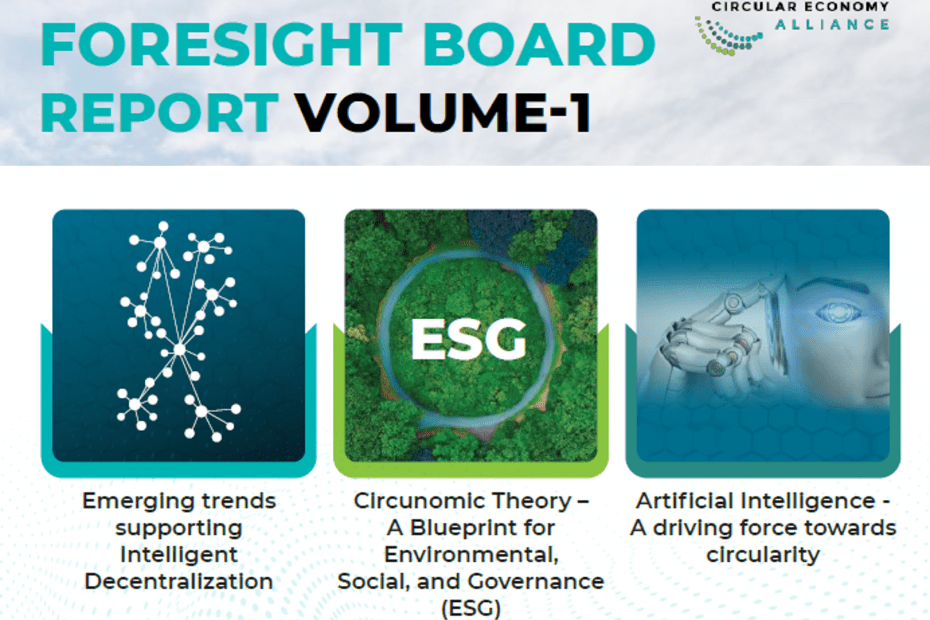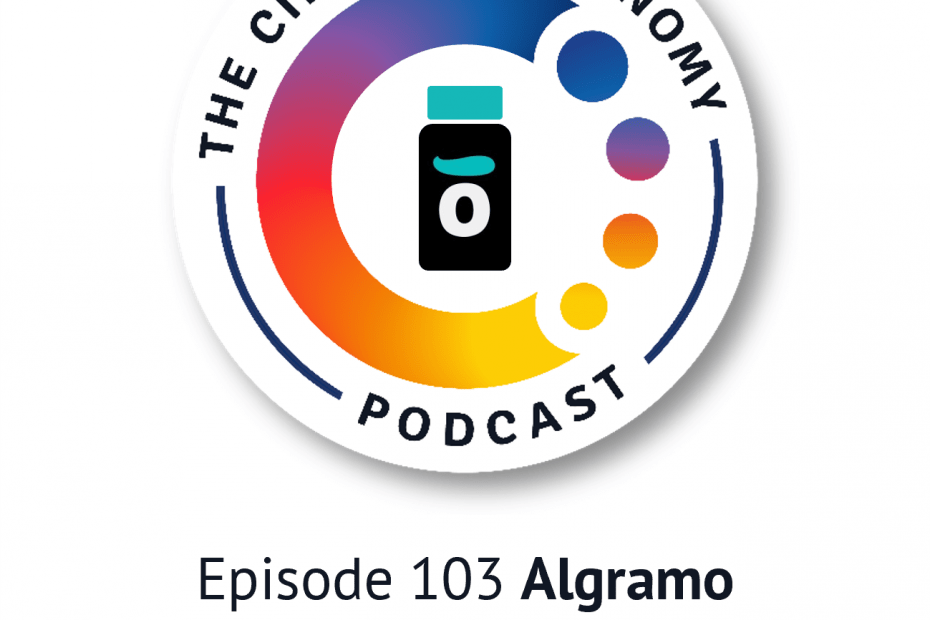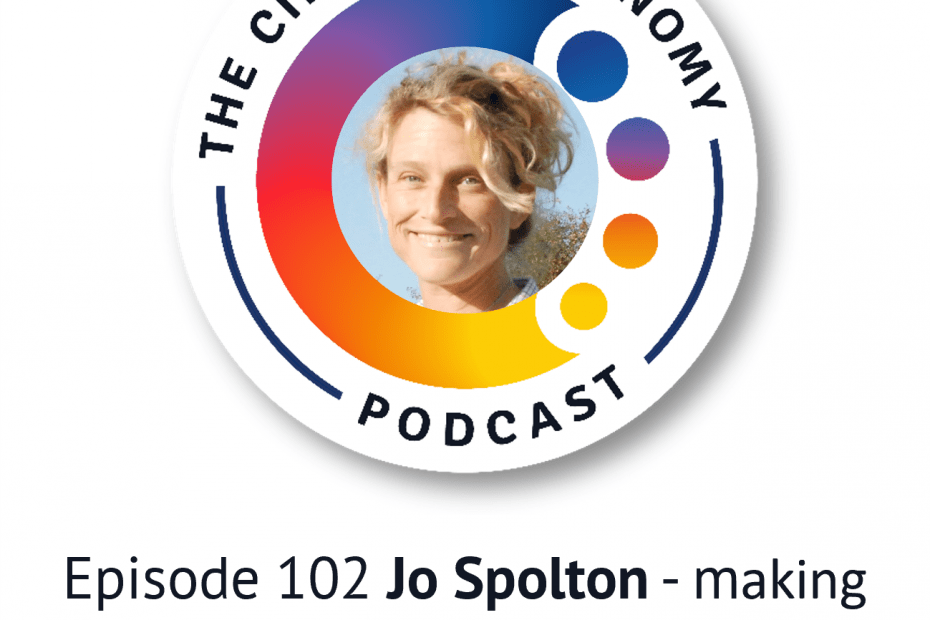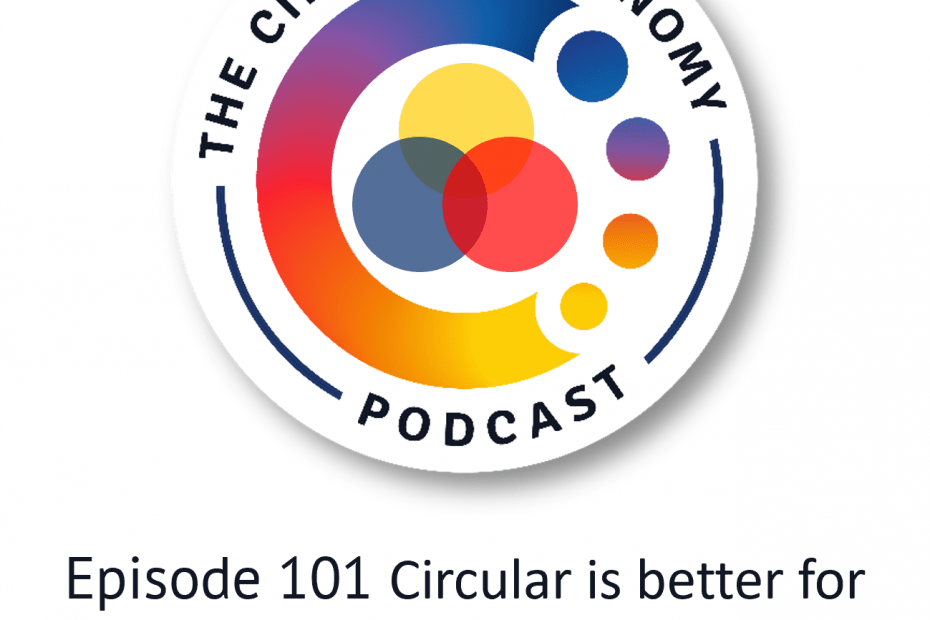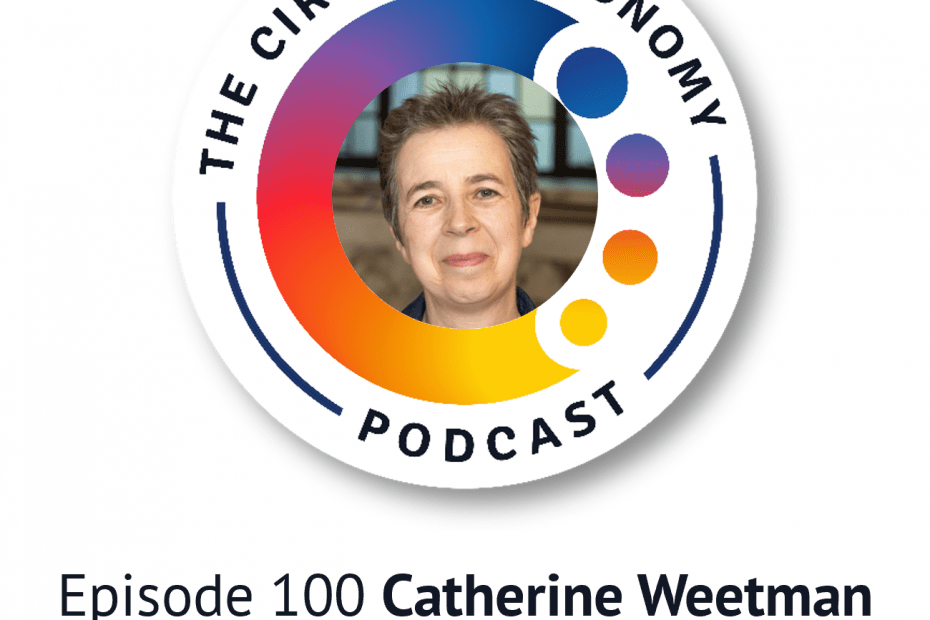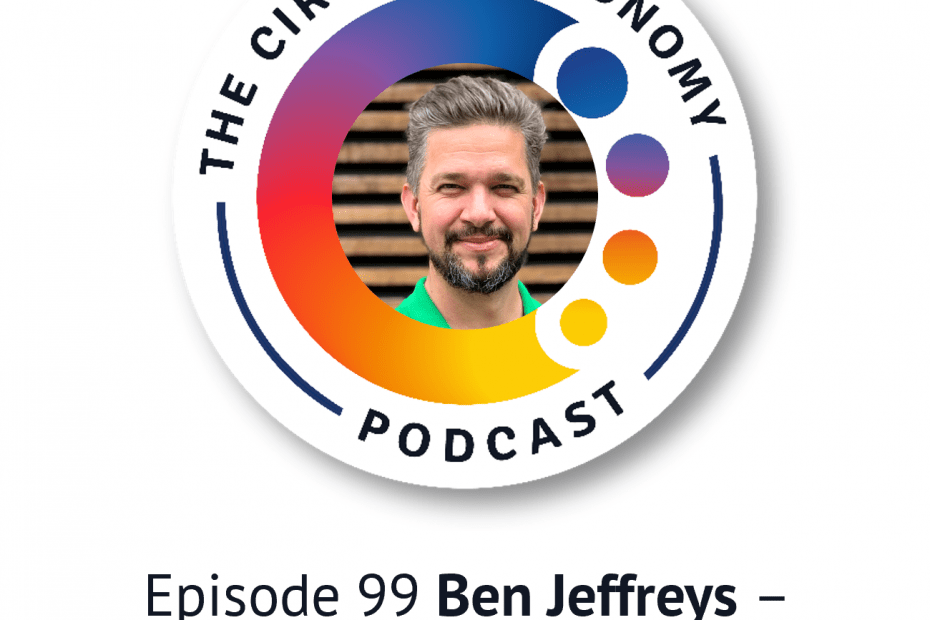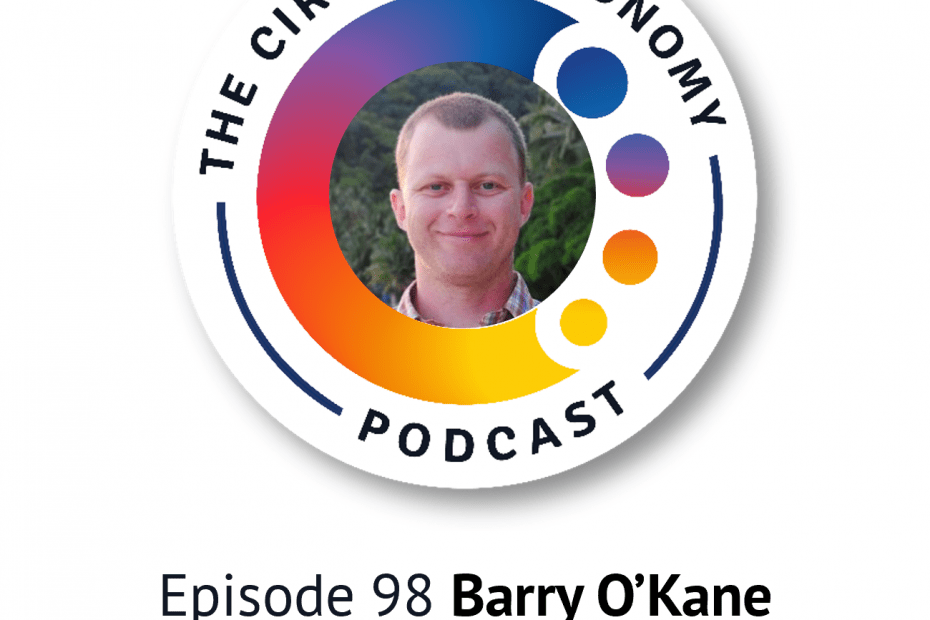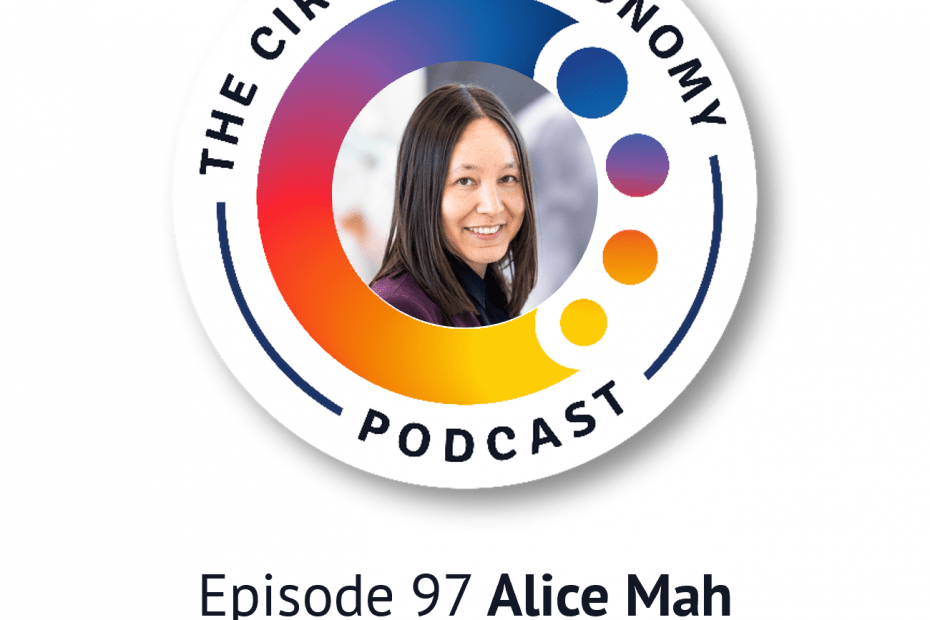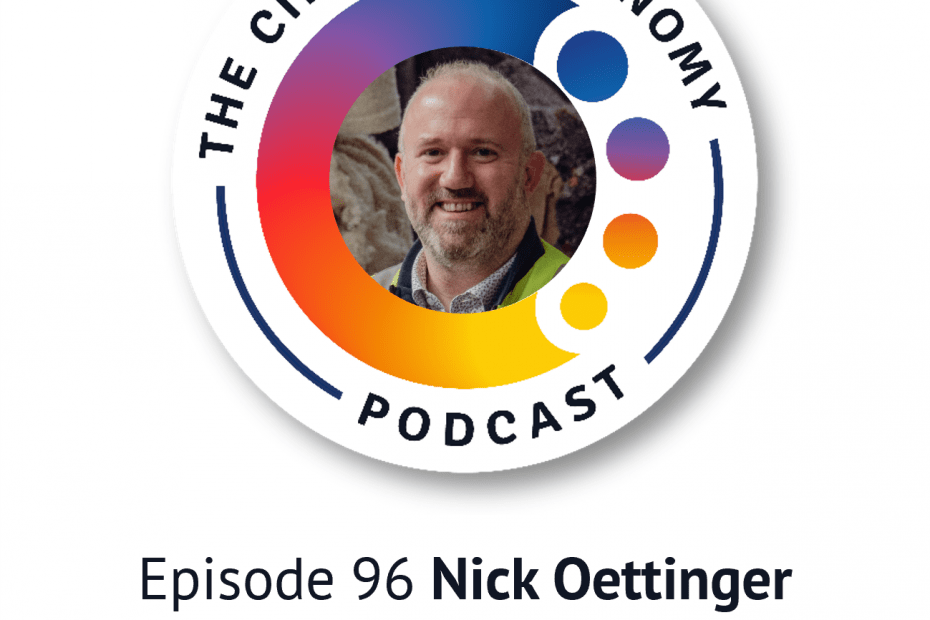Catherine Weetman shares a bit of her backstory, including why she ditched her corporate career to help businesses get clear on how going circular is better for people, planet AND profit.
Today’s episode is a bit different – Peter Desmond, who has been a great mentor and supporter over the last five years, was encouraging me to tell people a bit more about me and how I came to do this – my ‘why’, if you like.
I was feeling really uncomfortable talking about my story, and then fate stepped in to lend a hand… someone I’m a big fan of – Sarah Archer – invited me to be a guest for her very popular Speaking Club Podcast.
Sarah Archer is a speaking and marketing coach, writer, comedian, performer, and ex-HR Director. This mix means she is uniquely qualified to teach us how to create content that makes our audience stop, engage and fall in love with our message.
Sarah is on a mission to show authors, experts, coaches and aspiring change makers how to create a signature talk that uses stories – in a way that aligns to your values and without losing your personality! I’m trying to make more impact with my talks, and Sarah’s been helping me out with that.
In this episode, you’ll hear Sarah’s interview with me, asking what sparked my interest, why I decided to call time on my corporate career and go all-in with helping people shift towards the beautiful, fair, regenerative future that we know is possible.
